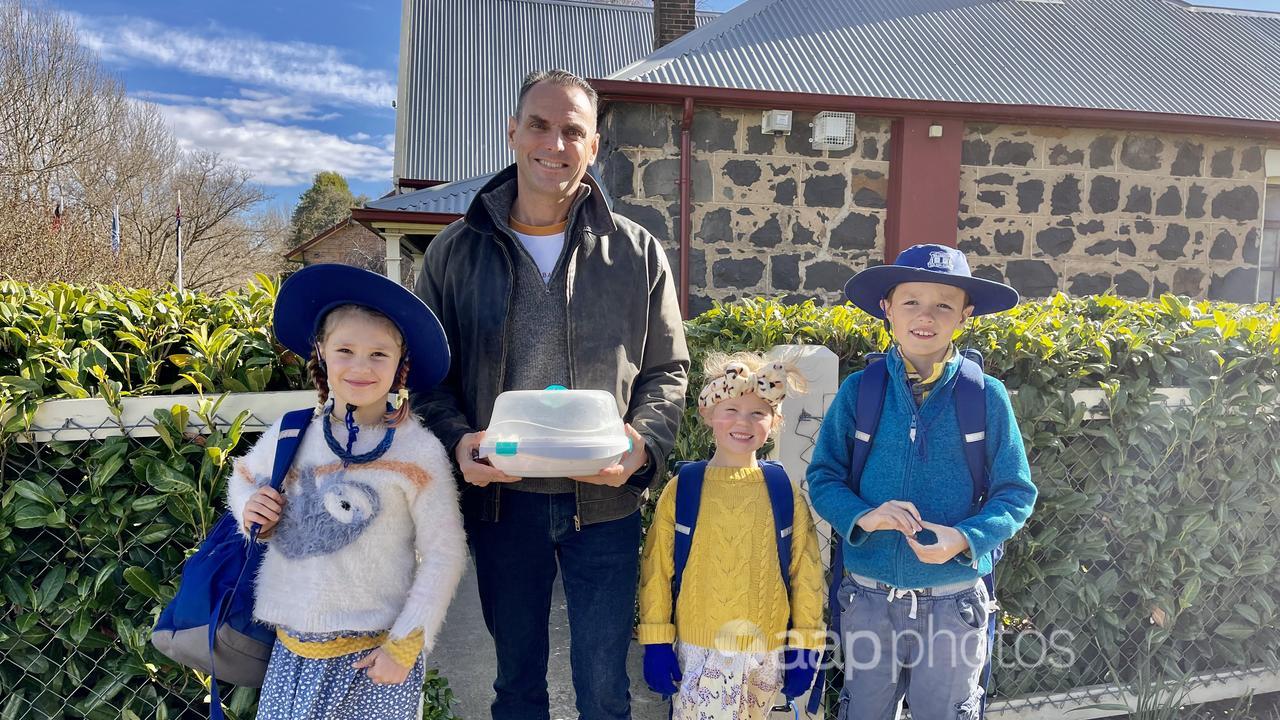Kindness is the most important value for most (81%) Australians
Most Australians (63%) fear expressing our honest views online for fear of retribution
The pandemic has meant more authentic social media representation, as fewer (-38%) respondents misrepresent their lives since 2018
SYDNEY, Aug. 1, 2022 /PRNewswire/ — WPP, Australia & New Zealand, today announces the launch of Secrets and Lies Chapter Six: ‘Fact, Fiction and What’s New in 22?’.
The report, which revisits key themes from the previous five reports, shows how the perceptions and priorities of 2,000 Australians have shifted over the past four years against the country’s rapidly changing political, cultural, and social backdrop.
Multifaceted truth-telling
Aussies are more partial to telling lies than ever before. Forty-two per cent of us have lied about our whereabouts to family or friends compared to 27 per cent of us in 2018.
Additionally, 29 per cent of us use work as an excuse to avoid time with them, a 9 per cent jump from 2018. Millennials and Generation Z are more likely to lie than generation X, baby boomers and the silent generation in each of these scenarios.
However, there are two key areas where Aussies lie a lot less: to our employers and on social media. While 52 per cent of us regularly lied to our employers four years ago, that number has fallen to 28 per cent. Additionally, 49 per cent of us previously mispresented our lives on social media. Now that number has fallen to 11 per cent.
Prosperity, fairness and kindness
We have seen a rapid decline in perceptions of prosperity and fairness since 2018, with just 56 per cent of respondents believing that fairness exists in Australia today, compared to 77 per cent of those surveyed in 2018. Perceptions of prosperity have also decreased from 77 per cent to 65 per cent.
Regarding our values, 81 per cent of those surveyed say nothing is more important than kindness in 2022. Despite this, 30 per cent have admitted to hurting someone physically or emotionally, 61 per cent of us are jealous of the good fortune of others, and 15 per cent have regularly trolled someone online.
Rediscovering cultural roots
Those Australians who speak more than one language were presented with the following statement: My ability to speak a language other than English has given me an entirely different perspective on the world. While 41 per cent agreed in 2018, this number has jumped to 73 per cent.
Evidentially, Australians across the country are rediscovering their cultural roots, speaking in their native tongue at home and connecting with families via technology.
Forty per cent of Australians who speak a language other than English said they were reminded of their roots during the pandemic.
Spooked into submission
The rule-breaking, age-defying, Woodstock-loving generation has been spooked into submission.
In 2019, WPP research found that 78 per cent of Australians over 50 agreed that middle age starts at 60 rather than 40. However, this number is now down to 61 per cent.
Additionally, back in 2019, 78 per cent of those surveyed stated they felt much younger than their age; this number is now down to 59 per cent. Whilst 61 per cent thought they were living their best years; now this number is down to 40 per cent.
Fear of the online world
Distrust is gaining momentum in the online world. In 2020, 68% said we no longer trust what we read online. Now that number has risen to 80 per cent. Additionally, 75 per cent of us don’t know the truth anymore because of online manipulation. Now that number has increased to 79 per cent.
63 per cent of us fear expressing our honest views online for fear of retribution. And while in 2020, 53 per cent felt that there were no longer any shades of grey and that we are often forced to choose sides in a debate, this number has risen to 66 per cent.
Buzzword bingo
A distrust in truth can also be attributed to the use of buzzwords. 81 per cent of Australians said companies choose buzzwords or industry speak, making it hard for us to get to the truth of what they are selling in 2021. Now, this number has risen to 87 per cent.
78 per cent of us found ourselves reading about a product or service and wondering why it wasn’t written in simple English. Now that number has risen to 84 per cent.
Rose Herceg, WPP President, Australia & New Zealand, says: “It is clear from these findings that there are multiple ways brands can tap into the interests and desires of consumers across the country. Now more than ever, Australians desire authenticity, connection, honesty and realism. Those that tap into those needs in 2022 will be the ones that win. It’s time to bring back the magic.”
To see the full report, visit https://www.wpp.com/aunz/secrets-and-lies.
About WPP
WPP is the creative transformation company. We use the power of creativity to build better futures for our people, planet, clients and communities. For more information, visit www.wpp.com.
About the research
YouGov conducted this study between 23 May and 1 June 2022. The questionnaire replicated questions from the previous five chapters to track how results have changed. The sample comprised 2000 Australians aged 18+, with data weighted by age, gender, and region to reflect the latest Australian Bureau of Statistics estimates.
SOURCE WPP Australia and New Zealand


















